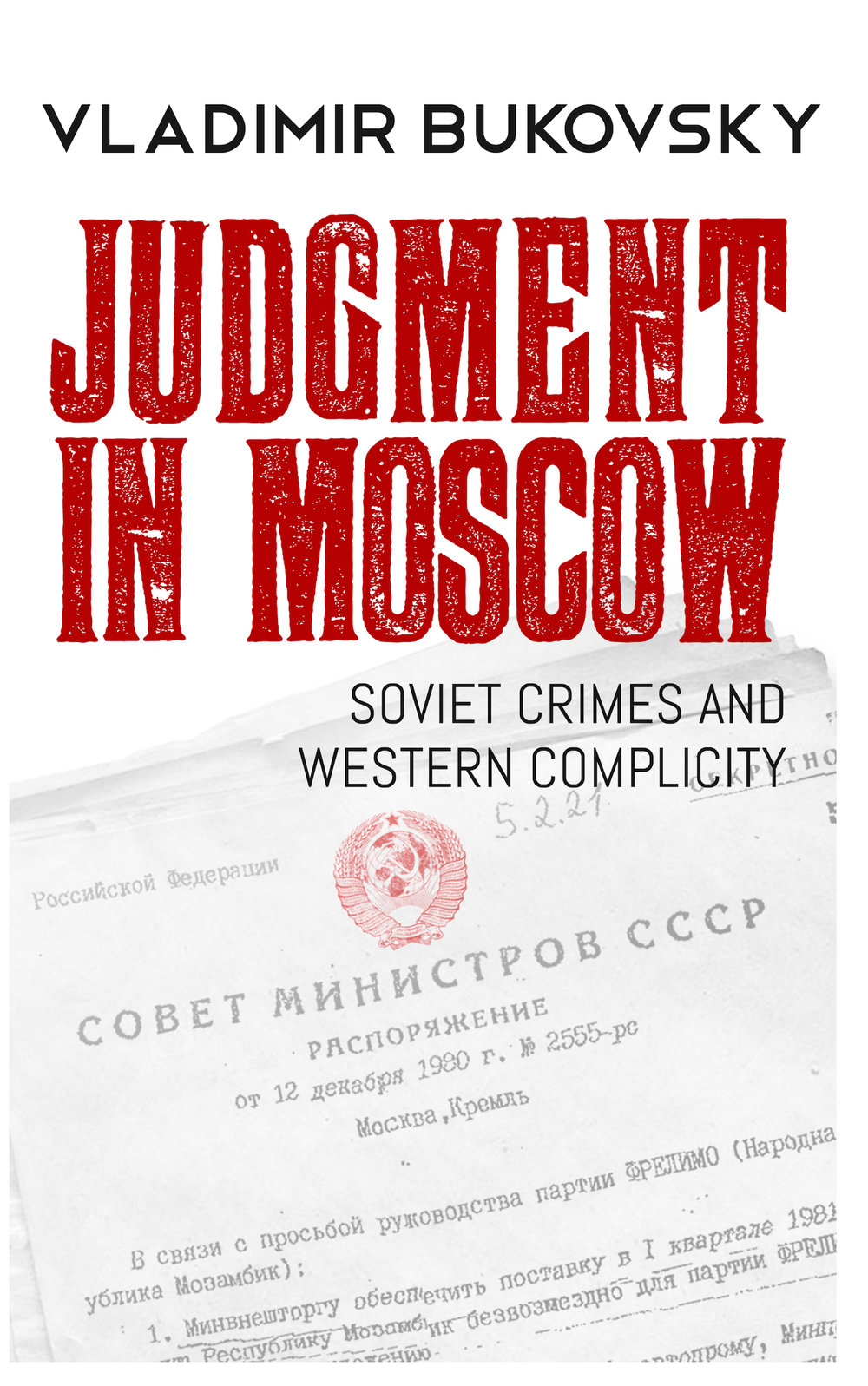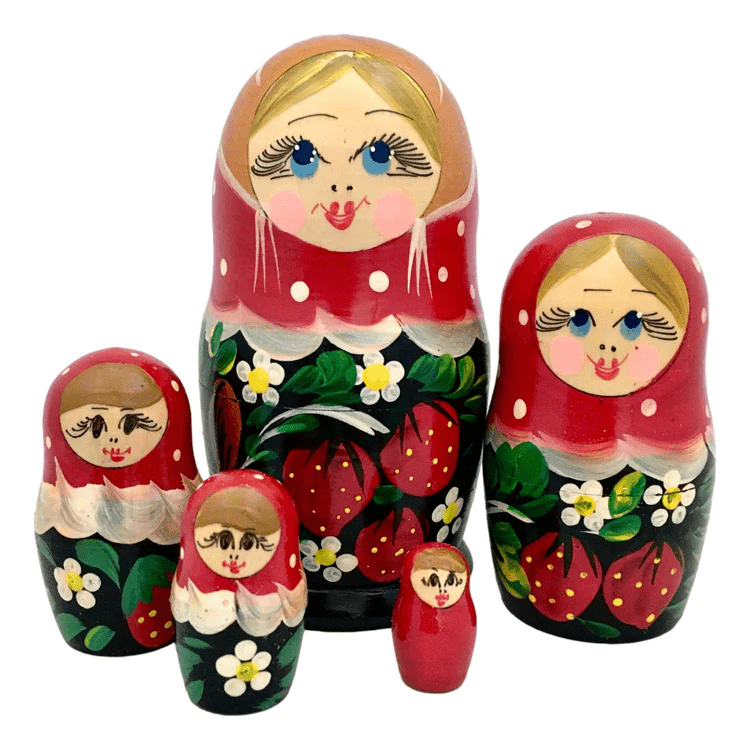
Like World War Two, WW3 is a charade fought between two branches of Freemasonry, Communism (Russia, Iran, China) and Fascism (Zionism & its backers) for the purpose of depopulation and enslavement of humanity.
“Alas, my worst forecasts have come true: failure to finish off the Soviet system conclusively has led to its revival. Clearly Putin and his KGB cohorts would have never climbed to power if Russian society had the courage to launch what we advocated twenty-three years ago: a Nuremberg-style trial and illustrations. Without it, the country went full circle and reverted back to the USSR.”
Vladimir Bukovsky: Judgment in Moscow: Soviet Crimes and Western Complicity. Alyona Kojevnikov translation. Middletown: Ninth of November Press, 2019 (1996).
by Will Morrisey
(Abridged by henrymakow.com)
Among the courageous dissidents who opposed the Soviet regime, the late Vladimir Bukovsky (1942-2019) will remain among the most honorable. ‘Hospitalized’ by the Communists in the early 1960s (he had photocopied Milovan Djilas’ The New Class, a telltale act of insanity in the eyes of the comrades), he eventually earned a degree in neuropsychology in England, where he resided after his expulsion from his homeland in 1976. He was best known in the West for his campaign against the Soviet abuse of psychiatry for political purposes.
Bukovsky published the first edition of Judgment in Moscow in France in 1995; a Russian edition appeared the next year. He intended to expose the character of the Soviet regime and the geopolitical strategy which derived from that character by presenting … a substantial selection of the Kremlin documents he’d copied during the brief period when the regime’s archives were open to the public, beginning in 1991. These documents not only show the malice, duplicity, and self-delusion of Lenin’s heirs; they also show how Western politicians, journalists, and businessmen blundered repeatedly in formulating their own policies, primarily because they failed to understand the persistently Leninist mindset of their counterparts.
That failure explains the long delay in publishing the English translation–its uncompromising denunciation of Mikhail Gorbachev being among its many offenses to genteel progressives in the United States and England. Revising it for this long-delayed edition, Bukovsky reports that he made no significant revisions. “Alas, my worst forecasts have come true: failure to finish off the Soviet system conclusively has led to its revival. Clearly Putin and his KGB cohorts would have never climbed to power if Russian society had the courage to launch what we advocated twenty-three years ago: a Nuremberg-style trial and lustrations. Without it, the country went full circle and reverted back to the USSR.”
“To bring to justice those who took part in Nazi atrocities is a sacred task, the duty of one and all. But God forbid that you should so much as point a finger at a communist (let alone his fellow traveler): that is improper, a witch hunt.”
And yet the Soviet Union’s crimes were no less heinous than those of Nazi Germany; the Soviets murdered many more people than the Nazis did, admittedly with a much larger population under its tyranny. Why the double standard? On a less bloody but equally insidious matter, the roil over Russian interference, real and alleged, in the 2016 U.S. elections met with cries of outrage among progressives, the same progressives who were so conspicuously silent when Moscow funneled tens of millions of dollars to Communist parties not only in the United States but around the world.
Nor was there much clamor on the American Left concerning the some 40,000 paid ‘agents of influence’ the Soviets bankrolled in their countries, perhaps because so many of these were, well, American leftists, organizers of ‘peace’ movements here and in Europe. In those days, merely to mention their existence was to invite charges of ‘McCarthyism.’
Bukovsky divides his book into two main parts: “In the East” and “In the West.” He begins his account of the Soviet empire with its end, “the euphoria of 1991,” when Boris Yeltsin began his presidential term as the first post-Soviet Russian president. “A shoddy tragicomedy” ensued, “in which former second-rate party bosses and KGB generals played the part of leading democrats and saviors of the country from communism.”
Having returned to Moscow for research into the Soviet archives, Bukovsky saw that “the main thing was not to allow the party a respite for recovery. It is imperative, I said again and again, to create a commission to investigate all the crimes of communism, preferably an international commission, so there could be no accusations of political bias and cover-ups.”
Russians had been told “that even though the communists were guilty of crimes against their own people, of repressions and destruction of the economy, in external matters they were just like everyone else, neither better nor worse.” This was “a dangerous delusion,” in light of the activities revealed in the files Bukovsky recovered.
“The Soviet Union had no ‘normal’ foreign policy, and what it called foreign policy was nothing less than decades of criminal activity against humanity,” including narcotics trafficking, bribery, blackmail, and disinformation. The KGB itself was a powerful political organization, with substantial funds in foreign banks, front organizations, and businesses abroad–resources that will enable it to continue “for at least another decade even if it is closed down in Moscow.”
This being so, the KGB archives were soon closed to the likes of Bukovsky. Only Yeltsin could have intervened effectively, but Yeltsin proved a caricature of a Russian, sunk in alcoholic distraction. He was not alone. “Nobody in our immense country, devastated by [the Cold War] was moved by a sense of duty–to history, to truth, to the memory of [the regime's] victims.”

This was the ethos of the regime, lingering in the years after its formal removal. “Born in falsehood, raised on deceit, Soviet man is firmly convinced that the world is created on the principle of a matrioshka doll: what is on the outside is just an illusion for fools, whereas what is inside, real, is completely different…. Therefore, even before you’ve opened your mouth, he is firmly convinced that you intend to cheat him, while his aim is to cheat you. What kind of a basis is this for any business?” Or any civil society at all?
By 1993 the Central Committee of the Communist Party archives were shut, too, and Bukovsky had obtained all the information about the inner workings of the Soviet Union that he, or anyone else, would ever uncover for the next 25 years and counting.
The fall of the Communist regime had been predicted, first by Andrei Amalrik (Will the Soviet Union Survive Until 1984?), by Solzhenitsyn (The Oak and the Calf), and by Bukovsky himself (To Build a Castle). Bukovsky expected it to survive about a decade longer than it did, but it would not have lasted even as long as Amalrik supposed, had the West “accepted our advice” in the 1970s “and taken the path of sharpening relations” with the regime instead of embarking on the policy of ‘détente.’
But to expect a revolution by the Russians themselves, absent outside pressure, was a chimerical hope. Bukovsky’s pessimism was well stated in a 1979 article, when he observed that “a person deprived of liberty knows nothing of his rights, and is, in any case, too debased to demand any rights at all,” living as he does among “a mass of disunited, embittered people.” The regime fell not because Soviet Man’s dead soul had revived but because the regime’s sclerosis and the West’s belated exertions of pressure beginning in the early 1980s, made it unsustainable.
BUKOVSKY CONTEMPTUOUS OF AMERICANS
All this notwithstanding, Bukovsky reserves some of his most stinging criticisms for the United States and the American people. “I did not like America from the very first moment I found myself there. It was enough for me to see, at one of my first appearances in one of the universities in February 1977, all those eternally shining eyes, burning with enthusiasm, to realize that I would never be able to explain anything to these people.”
Feeling “overqualified to live there,” Bukovsky likens the country to “an institution for mentally retarded adolescents,” a people “engaged in what their Declaration of Independence defines with the quaint expression the ‘pursuit of happiness,’” a people that never lives in the same place long enough to acquire a real culture, “moving forward in a state of permanent amnesia” in “a land of conformists, ruled by constantly arising epidemics of a feverish nature; all of a sudden, everyone starts jogging, because it is allegedly good for one’s health.”

“It is hard to imagine a nation more enslaved by any craze, even the most idiotic ones, by any petty charlatans who thought it up”–”enslaved by the pursuit of happiness” in the alleged ‘land of the free,’ misinformed by a mass media that “creat[es] celebrities, blowing them up from nothing, and then just as artificially bringing them down by trumpeting a scandal–again out of nothing.” “At times it seems that Americans, unable to bear the burden of freedom, simply seek someone to enslave them.” In sum, Bukovsky is very much a European despiser of America and all he believes it embodies…
As for the American ‘intellectual’ class, it’s no better than its European counterpart, puffed up with “overweening narcissism, belief in their ‘enlightening’ mission, and the right to a privileged elite position,” albeit in the shaky ground of leftist egalitarianism. The only redeeming feature of such over-educated mindlessness is its feebleness. Communist ideology won’t “be able to conquer the USA–simply because this ideology is too complex, too conceptual, and presumes at least some knowledge of history.” (More recently, American intellectuals have overcome that problem by offering a cartoon version of American history, obviating the need for knowledge of it.)
“The American elite still believes the myth of the ‘noble savage,’ the innate good nature of Man, ruined by bad institutions.” Knowing no history, they are oblivious to the failure of socialist ideas, continuing to entertain them long after they had led the nations on whom they were imposed to ruin. Hence the folly of American scientists in the 1940s who “willingly shared atomic secrets with Stalin”; hence “the ease with which Soviet intelligence was able to operate in American leftist circles.” It was “the bogey of McCarthyism, shamelessly exploited by American leftist intellectuals for a good fifty years,” that enabled them to become the establishment by making anti-communism “shameful and practically criminal.”










